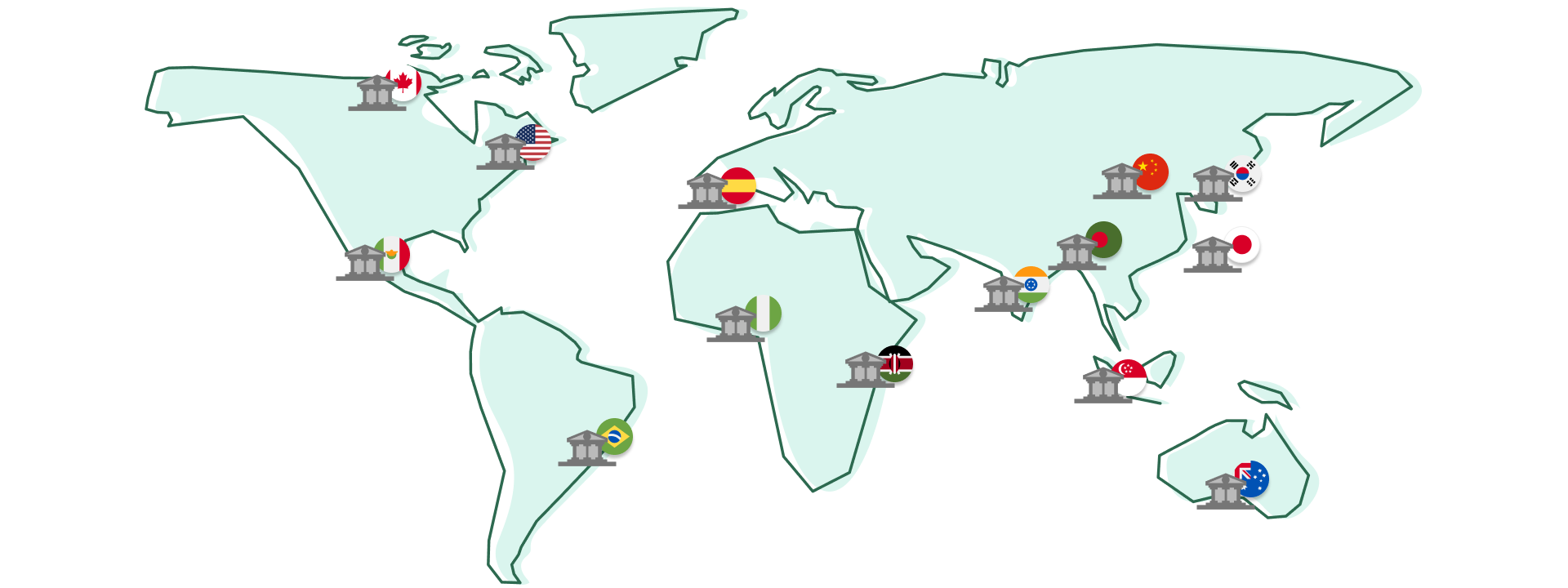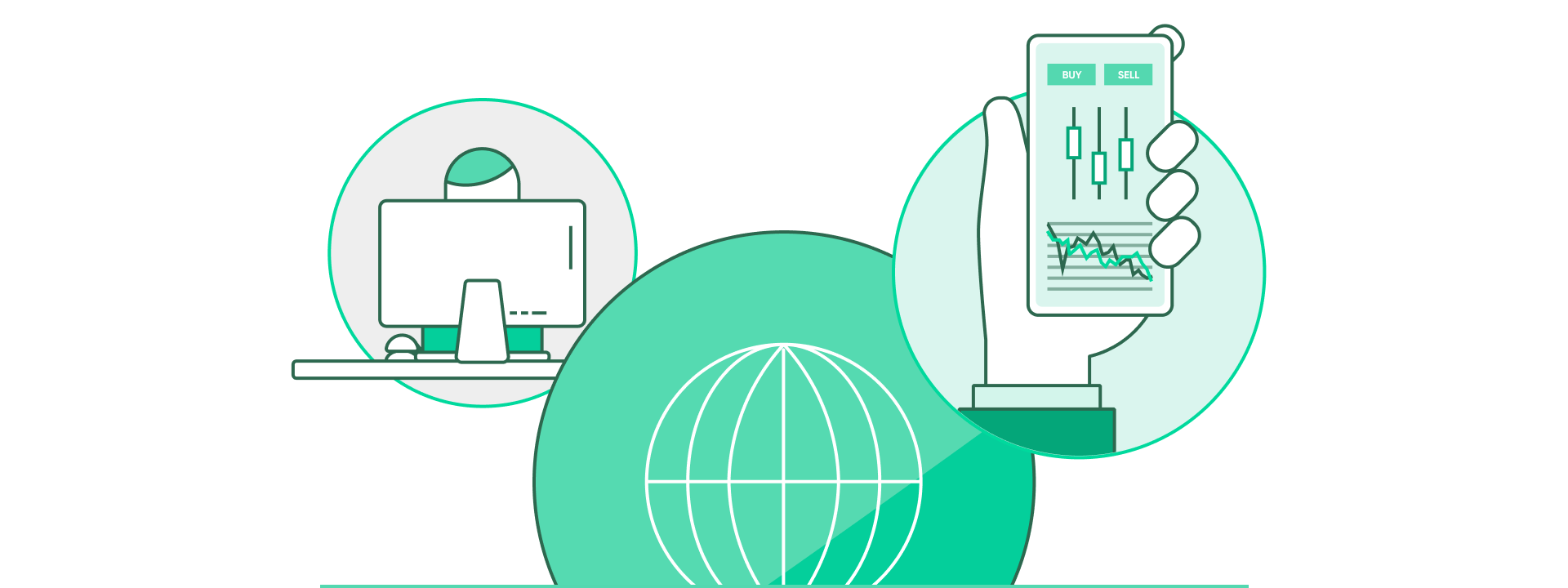Who trades forex?
Although forex is now accessible to almost anyone through online trading, everyday people, or retail traders as they are known in the market, still only make up a small percentage of the total volume traded.
There are a great many market participants trading forex at any given time, each for their own reasons. This further adds to the volatility of the market, which can lead to more opportunities but also greater risk.
Forex market participants
The participants that make up the forex market are often separated into four major categories.
Governments and central banks
Governments all over the world are heavily active in the foreign exchange market, as are major central banks. These include the U.S. Federal Reserve, the Bank of England, the European Central Bank and the People’s Bank of China, among others. As some of the largest players in the market, they use forex to manage money supply and make changes to monetary policy.

Commercial banks
Commercial banks differ from central banks in that they are private financial institutions that participate in foreign exchange to meet their own goals. Banks like the Industrial and Commercial Bank of China, J.P. Morgan, Deutsche Bank and HSBC trade huge volumes on the forex market every day. This can be for themselves or for their clients, which include high-net-worth individuals and even government agencies.
Forex brokers

Brokers act as the metaphorical gateway to the FX market. They allow retail traders of any size to start investing in currencies using online trading platforms. Unlike in years gone by, where traders had to remain stuck to their terminals, brokers now offer web platforms and mobile apps. This means you can trade currencies from almost anywhere in the world.
Retail traders
Although retail traders continue to grow steadily in number, they are still a small part of the overall forex market. Statistics for April 2019 show that they are only responsible for around 3% of the market’s $6.6 trillion average daily trading volume1!
